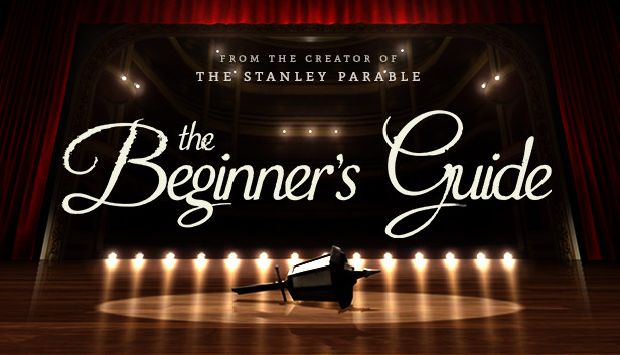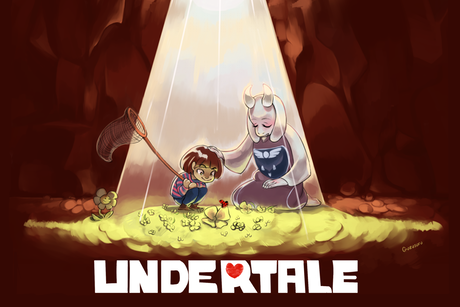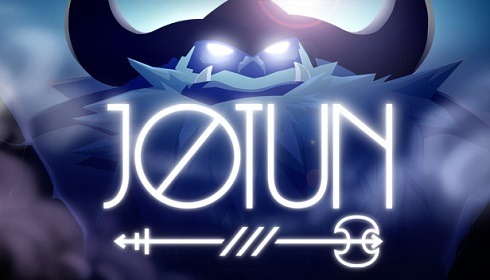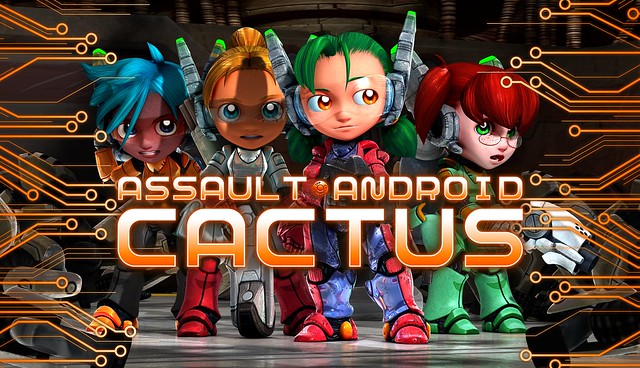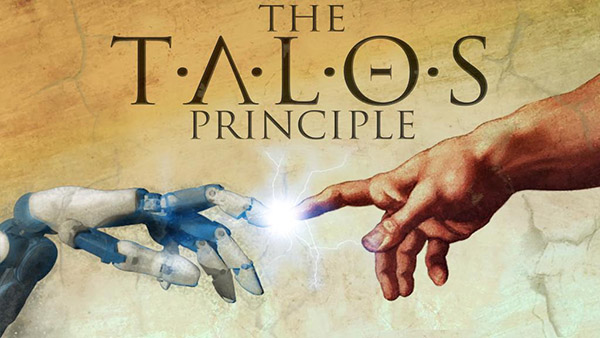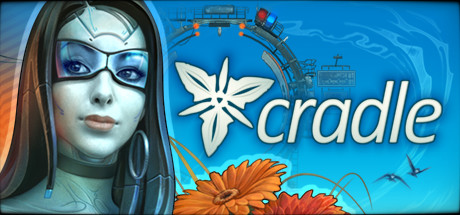2015 ...
What a year, in more ways than I care to elaborate on this blog which is focused on my hobbies. Anyways, 2015 was an incredible year for video games, the current generation finally came into its own in a big way, indie games continued to increase in notoriety and break through to the mainstream. 2015 was one of the very best years in video game history. Video games have never been more diverse, innovative, exciting, and filled with potential as they were this year and looking forward, I'm looking at you VR, don't let me down. Having said all that this was an incredibly difficult list to make this year, tons of great games didn't make my completely arbitrary top ten, their were way more than ten fantastic games this year, incredibly personal experiences like The Beginners Guide and Cibele; exciting and breathtakingly gigantic blockbuster experiences like Rise of the Tomb Raider and Battlefront. If you like video games at all, there was inevitably something incredible out there for you this year. But unto the main attraction, my ordered list of top ten games of 2015, enjoy.

1. Bloodborne and all the Souls games for that matter, which this game is no doubt a part of in spite of not sharing the variable Souls nomenclature, awoke something inside my video game playing mind I hadn’t realized I was starving for. It felt like a return to the way video games made me feel when I first started playing them, like an epic journey riddled with seemingly insurmountable obstacles that offers a real test of player skill. It also made me think of video games on an infinitesimally small scale the way I never had before, with things such as level design, frames of animation, precise balance, enemy variety and so many more minute details. I’ve never been more terrified in a game than when I was wandering around a brand new area with very little health, I’ve never been more exhilarated in a game than when I defeated a supremely difficult boss, I’ve never thought about a game as much and in such details as I did with Bloodborne and for all those reasons and more it’s by far and away my favorite game of the year.

2. I’ve never laughed as hard playing a game than I had playing Tales from the Borderlands, far and away Telltales best episodic adventure game to date. It manages to turn a universe I could not care less about, filled with characters so obnoxious I played those games on low volume or while listening to something else, into a world brimming with heart and humor. It plays around with editing, pace, writing, camera shots the way an experienced filmmaker would, it’s astonishing the level of understanding this development team had on how to translate cinematic storytelling and specifically comedic storytelling to the medium of video games. Tales even features some shockingly difficult decisions even for a Telltale game, an ending that actually takes every decision you’ve made into account (a disappointingly new concept for decision based games) and some of the best humor and dialogue in any video game. Some of the best character facial expressions of any game, phenomenal musically intros to every episode, Tales from the Borderlands isn’t going to break new ground or cause ripples in the video game industry but it’ll make you smile and laugh till it hurts.

3. The Witcher 3 is the most impressive open world ever developed, full stop. The sheer size and detail alone are staggering but when coupled with the seemingly endless amount of creative quests, characters, enemies, and environments it becomes unrivaled. Witcher 3 is a fully realized world the likes of which most open world games can only look at in awe and hope to be even one quarter as impressive. The combat is challenging and fun to master, the character progression is needlessly complicated but does offer a great level of customization, and it’s filled with stories and characters I won’t soon forget. Witcher 3 is a game most people won’t come anywhere near close to finishing but that’s alright because just spending a few hours wandering around this games world is enough to leave a lasting impression.

4. Fallout has always been my preferred of the two Bethesda RPGs, and Fallout 4 is more of what I already loved before. A little better looking, a few more systems and mechanics, but fundamentally more of the same. That’s not a slight, unless we’re talking about the persistent and often times immersion breaking if not game breaking technical failures, it’s just what Bethesda does and in this particular case, because of this particular post-apocalyptic setting I don’t mind more of the same, even if it is still the same broken thing. Bethesda’s formula is unrivaled and Fallout 4 may be more of the same but it’s still somehow unique in the larger gaming landscape. In contrast to Witcher 3, Fallout 4 shines most in the random encounters and world exploring aspects, the more designed and written quests tend to fall flat but it’s the world you explore and the character you help define that allows Fallout 4 to stand tall against aging systems and increasingly unforgivable glitches and bugs. Fallout 4 is a the most fun you’ll have exploring a post-apocalyptic wasteland.
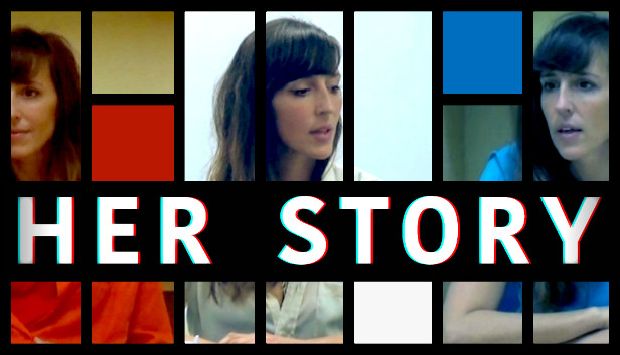
5. Her Story is one of the year’s best games for reasons outside of what it offers as a ‘game’. The interactive elements are slight, and yet it elicits an experience no game has ever achieved. A game that plays out almost entirely outside of the game itself, it’s certainly new ground for a video game. The player has full access to everything from the start and can choose when they are satisfied and walk away. No credits. No achievements. No final cutscene. Her Story also uses FMV to the greatest effect I’ve ever seen, it is 100% essential to the experience and also makes the experience that much more memorable, watching a real actress give it her all in one on one video interviews. Her Story was the most fun I had with a pen and paper all year, taking notes, cross referencing facts, over analyzing every detail in the videos. For its innovation and the obsessive lengths it drove me to, Her Story is one of the best games of the year.

6. Undertale was a huge surprise, from out of nowhere to the highest rated PC game of all time, that’s one hell of a journey. And oddly enough putting aside some of the internet’s unmitigated love for this game it’s actually warranted. Undertale is a fantastically innovative, fourth wall breaking, hyper referential, throwback RPG. It’s funny, which so few games are, it’s clever in its tear down of traditional gameplay systems and mechanics and it doesn’t over stay it’s welcome. At about 5 hours Undertale serves up something new, constantly. It’s almost over too quick, but that’s another great thing about the game. You can play it again and again, and it remembers everything you do, every time you play. Want to do two different kinds of playthroughs, too bad, Undertale remembers and chastises you for changing your ways and not just once the entire game changes based on even the smallest choices you make on whichever playthrough. Undertale more than deserves the attention it got, if nothing else it serves as a good satire of video games and shows referential humor can work when done well.
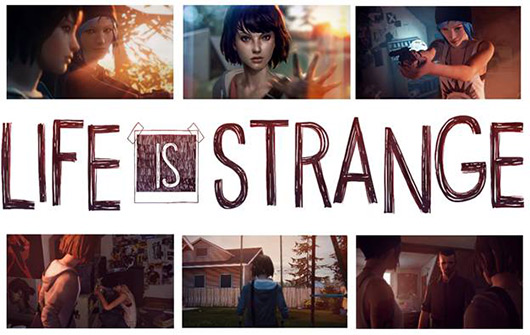
7. Life is Strange takes a while to warm up to, it feels a little too forced in the ‘authentic’ teen dialogue department but those feelings quickly dissipate when you realize the games storytelling ambitions and how well it’s pulling them off. Life is Strange is grounded in a way most games are not, its interested in the minutia of teen life. The complicated and often contradictory relationships, aspirations, emotions, etc. and while it goes for the obvious clichés a few too many times it still manages to both traverse well-worn territory in compelling ways and boldly navigates new territory not often trekked in games. Life is Strange is nothing new from a gameplay perspective but it’s the story and characters that will make the best impression, oftentimes stereotypical characters will hide deeper nuances and trite story beats are given interesting spins. In a medium filled with science fiction, fantasy, and post-apocalyptic heroes and saviors, Life is Strange is an engrossing story about relatable every day characters that tackles heavy and complicated issues thoughtfully and deftly and that is something video games would be smart to embrace if the medium is ever to mature and earn more respectability.

8. Assassin’s Creed Syndicate is everything Assassin’s Creed should have always been. It’s a perfect mix of strong setting, characters, and gameplay. Jacob and Evie Frye are a fantastic duo and make for a good story justification for two types of playstyles, Evie’s stealthier approach versus Jacob’s bombastic proclivities providing a nice balance to missions and even story beats. Syndicate brings back meaningful assassinations, with more than a couple of inspirations from the Hitman franchise, Syndicate has the series best assassination missions and even manages to improve on the stale side content most Ubisoft games have suffered from for too many years now. Most everything is fun to do, and boy is there stuff to do. Assassin’s Creed Syndicate is the best AC game yet, it took a flailing franchise and made me excited to play the next one. Now lets hope it isn’t a mediocre entry that burns all the good will it just earned back.
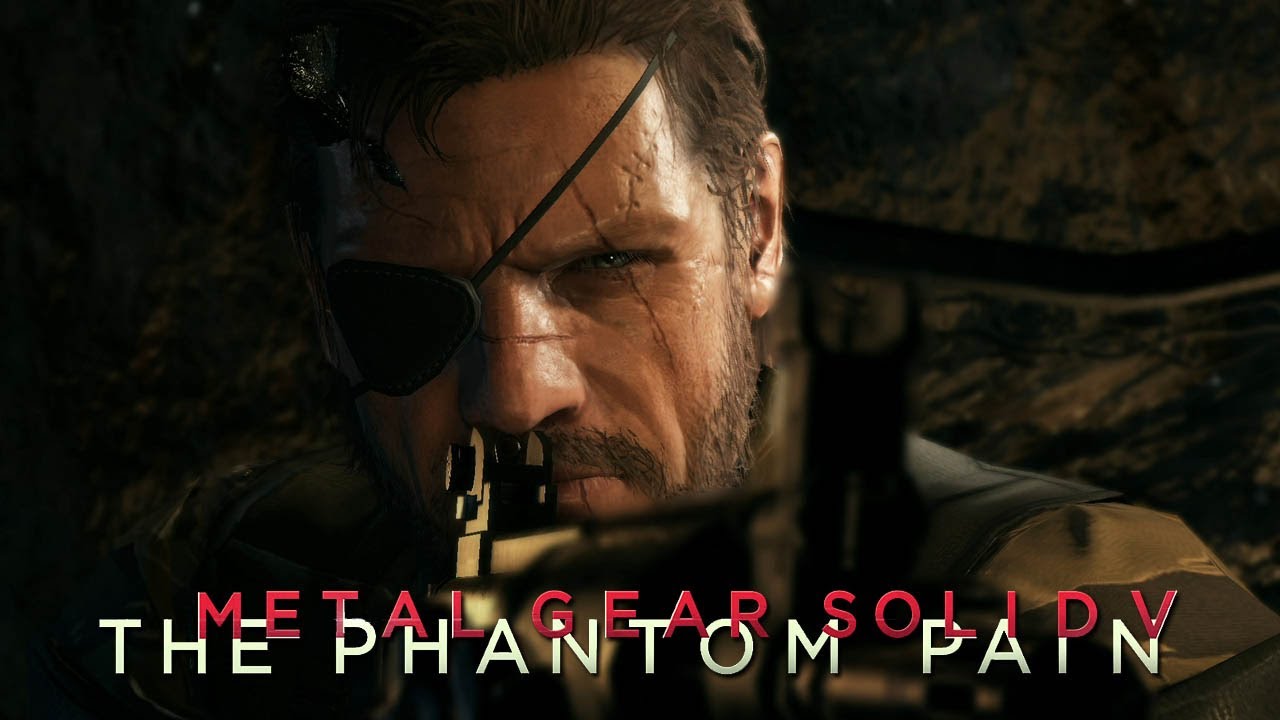
9. Metal Gear is one of my favorite game franchises of all time. This my most disappointing game of the year. So why is it on my top ten list, well simple, because it’s so goddamn fun to play. Seriously, this is what Metal Gear has always wanted to be ever since it was released on the MSX it wanted to be a fully open, play how you want, style and substance hand in hand. It only took this many games to finally reach it, and it’s beautiful. The attention to detail to systems is incredible, the number of ways you can interact with the world is mind boggling. Even things most people won’t engage with very much have a striking amount of detail given to them. And yet the story is the weakest in the series, the game overall feels quite obviously unfinished and its mission design is quite repetitive. It feels incomplete, lacking, unsatisfying. It’s a shame really because the amount of time spent clearly went into one impressive open world with a staggering amount of toys to play with, it’s just not a very structured, cohesive experience and lacks director Hideo Kojimas trademark crazy ambitious story which is what I always came for Metal Gear for anyways.

10. Batman Arkham Knight is a fantastic conclusion to one of the best licensed video game series of all time. While I didn’t enjoy the games focus on the batmobile the rest of the game came together in such a gratifying full circle way that it made me okay with the fact that this may be the last one of these games from Rocksteady. This is also a series I believe got better with each subsequent entry and Arkham Knight sort of fulfilled a lot of the promise of the very first game. All of that is to say nothing of the games stunning graphical fidelity and fine-tuned combat, stealth and traversal. Arkham Knight ran into some bad press with a broken PC version that never got fully resolved and a horrendously overpriced and underplanned season pass, but don't let any of that cloud the fact that this is a fantastic game in its own right and a great send off to such a surprisingly strong series.
















